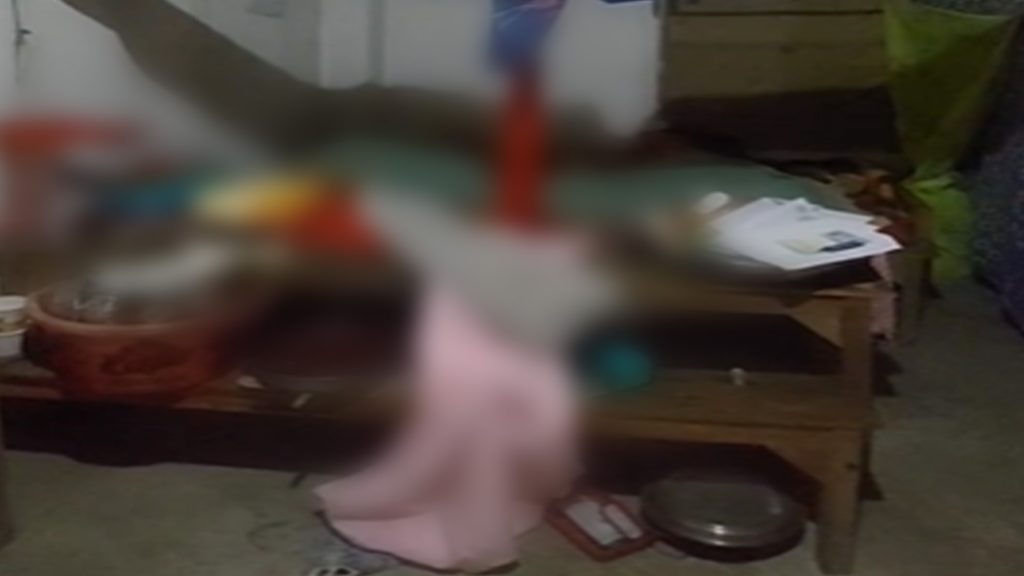A 21-year-old woman was discovered dead at a relief camp in Imphal West district, Manipur, on January 7, 2025. Authorities confirmed that the deceased, identified as Sukham Ongbi Chanu, was found hanging from the ceiling of her accommodation at the Mekola relief camp. The incident has raised concerns about the mental health and well-being of individuals displaced by ongoing ethnic violence in the region.
The body was discovered by another resident of the relief camp, who attempted to save the victim but was unsuccessful. Local authorities were immediately alerted, and a case has been registered to investigate the circumstances surrounding her death. The body was subsequently transported to the Jawaharlal Nehru Institute of Medical Sciences (JNIMS) for a post-mortem examination to determine the exact cause of death.
The incident sheds light on the challenges faced by residents in relief camps, which were established in response to the ethnic violence between the Meitei and Kuki communities that erupted in May 2023. Over 60,000 people remain displaced as a result of the conflict, living in temporary shelters under difficult conditions.
Relief camps across Manipur have reported growing concerns about limited resources, inadequate mental health support, and prolonged uncertainty for residents. This latest incident has intensified calls for better support systems to address the emotional and psychological toll of displacement.
The violence in Manipur stems from deep-rooted ethnic tensions between the Meitei and Kuki communities over land rights, political representation, and cultural differences. The clashes, which began in May 2023, have led to widespread destruction of property, displacement of thousands, and significant loss of life. Efforts to mediate the conflict have seen limited success, with sporadic violence continuing to disrupt normalcy in the state.
Relief camps like Mekola were set up as a temporary measure to shelter those fleeing the violence. However, the prolonged nature of the conflict has left many camp residents in limbo, facing uncertainty about their future and grappling with the strain of displacement.
Police officials confirmed that an investigation into the young woman’s death is underway. While preliminary reports suggest suicide, authorities have not ruled out other possibilities.
“We are committed to uncovering the facts behind this tragic incident,” said a senior police official in Imphal West. “Our teams are conducting a thorough investigation to ensure transparency and accountability.”
The government has expressed its condolences to the victim’s family and emphasized the need for additional support services in relief camps. Mental health experts and social workers have urged authorities to prioritize counseling and emotional support for displaced individuals, particularly vulnerable groups like women and children.
The tragedy at Mekola relief camp highlights the broader challenges faced by those affected by Manipur’s ongoing ethnic unrest. Advocates for displaced persons have called for immediate action to improve conditions in relief camps, including enhanced mental health services, better living facilities, and clear timelines for rehabilitation and resettlement.
As Manipur continues to grapple with the effects of prolonged violence, the death of Sukham Ongbi Chanu serves as a somber reminder of the human cost of conflict. Authorities have pledged to intensify efforts to address the needs of displaced populations and bring stability to the region.



